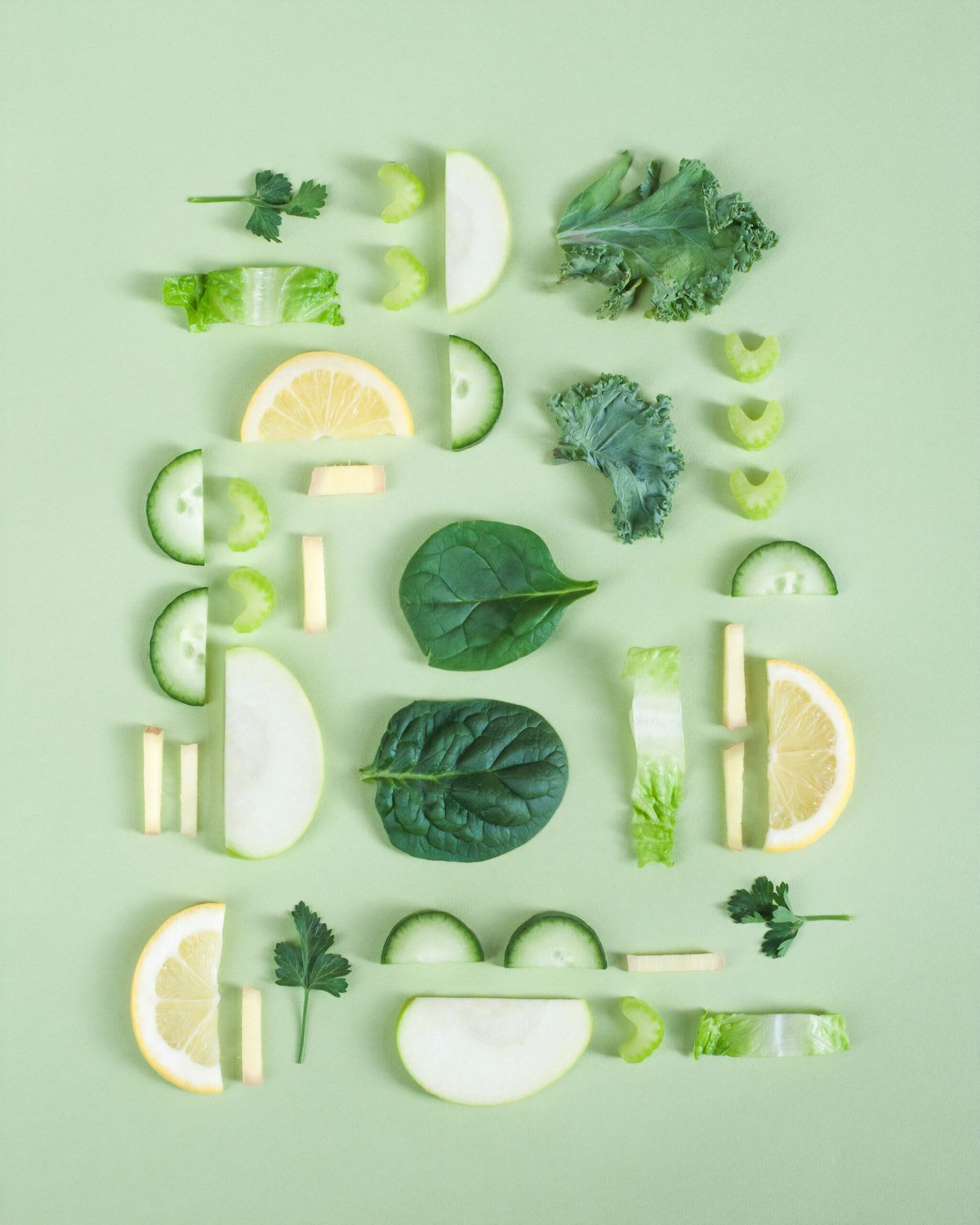
Intermittent Fasting 101: The Complete Beginner's Guide
DISCLAIMER: This post may contain affiliate links, which means that I make a small commission off items you purchase at no additional cost to you. Please read my policy page!
Intermittent Fasting 101: The Complete Beginner's Guide
Intermittent fasting--- A buzzword that has been making waves in the health + wellness scene. It's not just another diet trend--- It's more like a lifestyle shift that has people questioning traditional eating patterns and exploring a new way to approach meals. If you're curious about intermittent fasting but don't want to dive into the deep waters of scientific jargon, you're in the right place with this Complete Beginner's Guide To Intermittent Fasting!
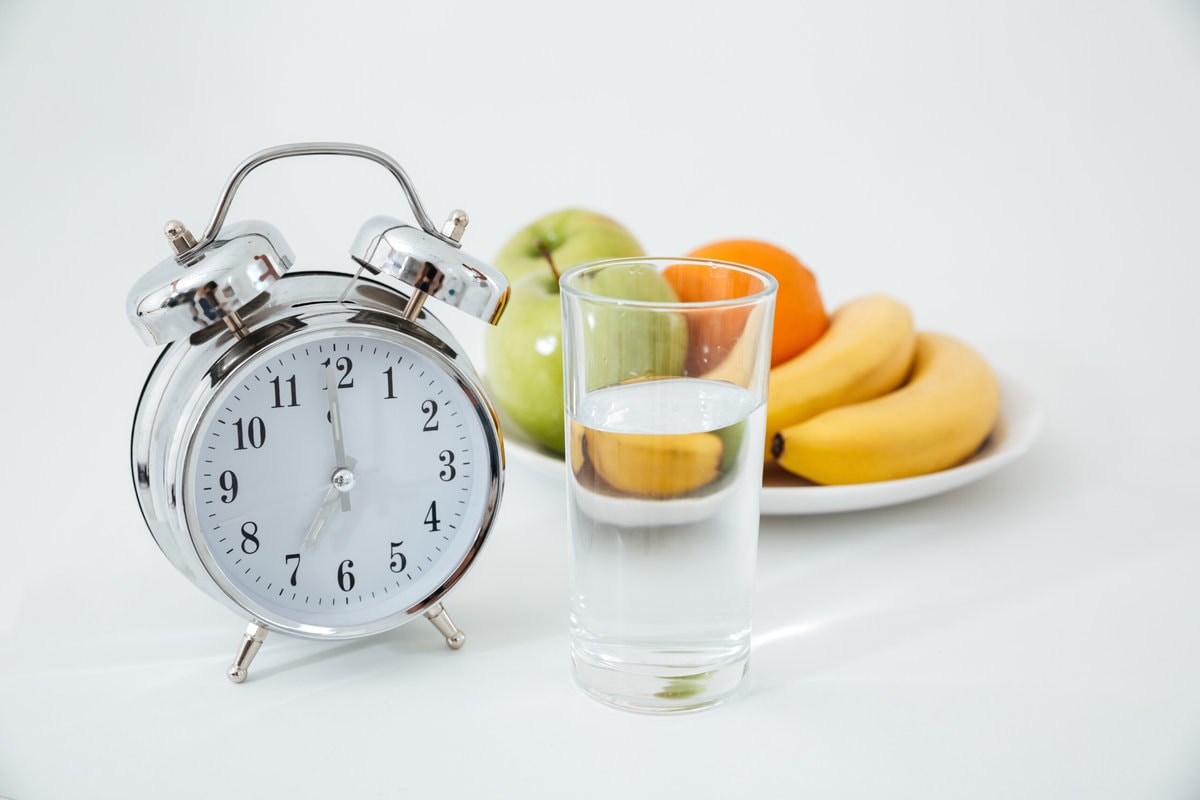
What Is Intermittent Fasting?
Simply put--- Intermittent fasting shifts the focus from what to eat to when you eat.
It is not about meticulously counting calories or cutting out entire food groups. It's more of a timing game, focusing on when you eat rather than what you eat. (So yes y'all it means you still get to enjoy all your fave foods) The idea is to cycle between periods of eating + fasting, allowing your body to tap into stored fat for energy. It's like giving your digestive system a break, plus it has a lot of health benefits.
Jump to:
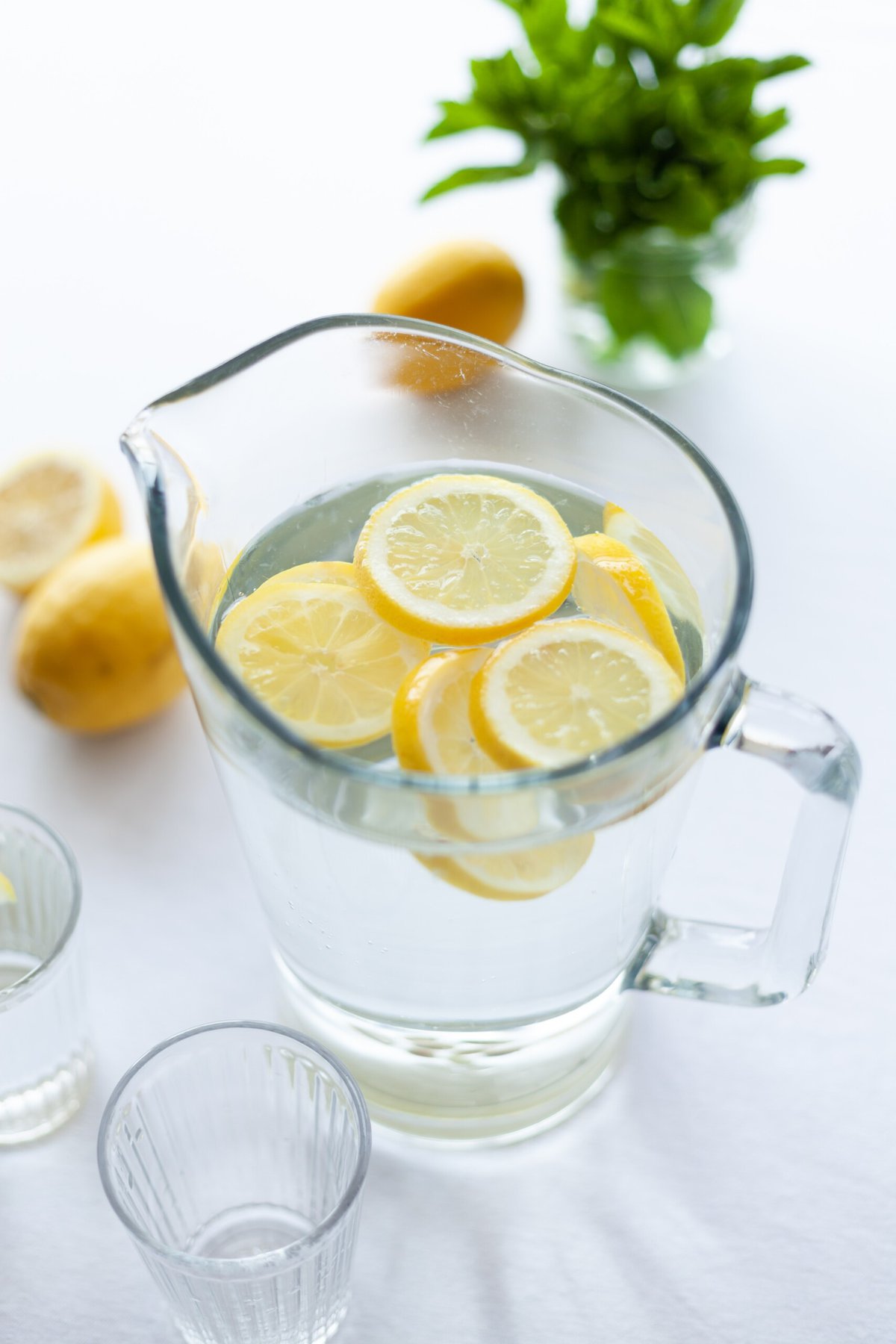
Different Approaches To Intermittent Fasting
There's no one-size-fits-all when it comes to intermittent fasting. Here are a couple of popular approaches without getting too technical--
The 16/8 Method
You fast for 16 hours and eat during an 8-hour window. It's as simple as skipping breakfast (if you're not a morning person) and having your first meal as 'brunch' around noon, followed by dinner before 8 PM.
The 5:2
This one's for those who like a bit of variety--- You eat normally for five days and then limit your calorie intake to around 500-600 calories on two non-consecutive days. It's like a mini-fast in your weekly meal plan. (If you're searching for inspiration check out my 'What To Eat This Week' series.)
The Overnighter 12:12
A shortened version of time-restricted fasting is to fast overnight for 12 hours. This method of IF might be a good option for beginners, as most of the fasting window is while you’re sleeping.
You just choose a 12-hour overnight fasting period—for example, 8 p.m. to 8 a.m. Finish your meal before your eating window ends in the evening.
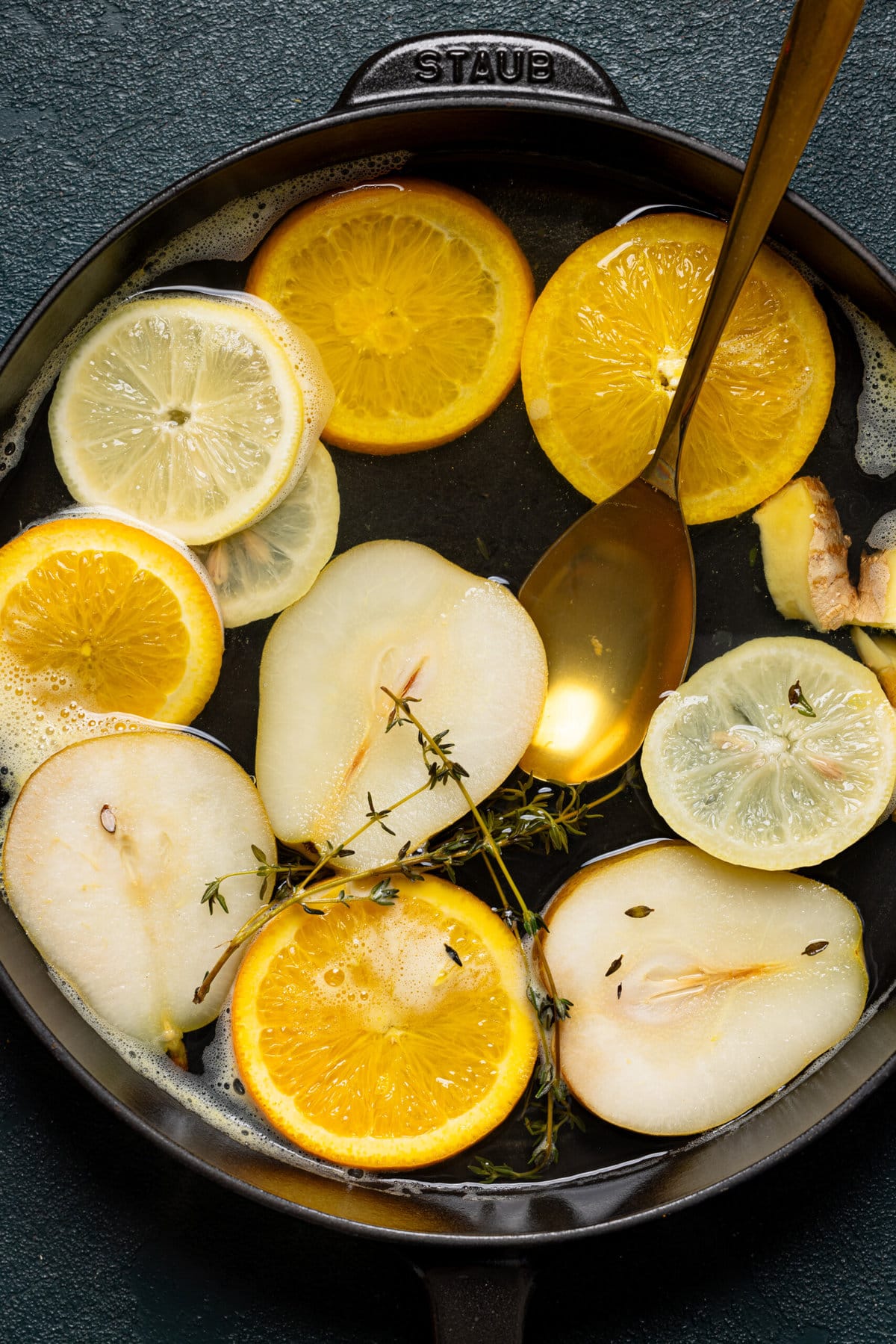
What's Allowed During The Fasting Period?
During the fasting period of intermittent fasting, the idea is to abstain from consuming any calories. This means refraining from both food and calorie-containing beverages.
The aim is to give the digestive system a break and tap into stored energy for the fasting duration.
However, staying hydrated is essential and you can enjoy:
- Water or lemon water
- Herbal teas (Healthy Citrus Pear Ginger Detox Tea + Roasted Dandelion Strawberry Tea without sweeteners is a great tasty option)
- Black coffee
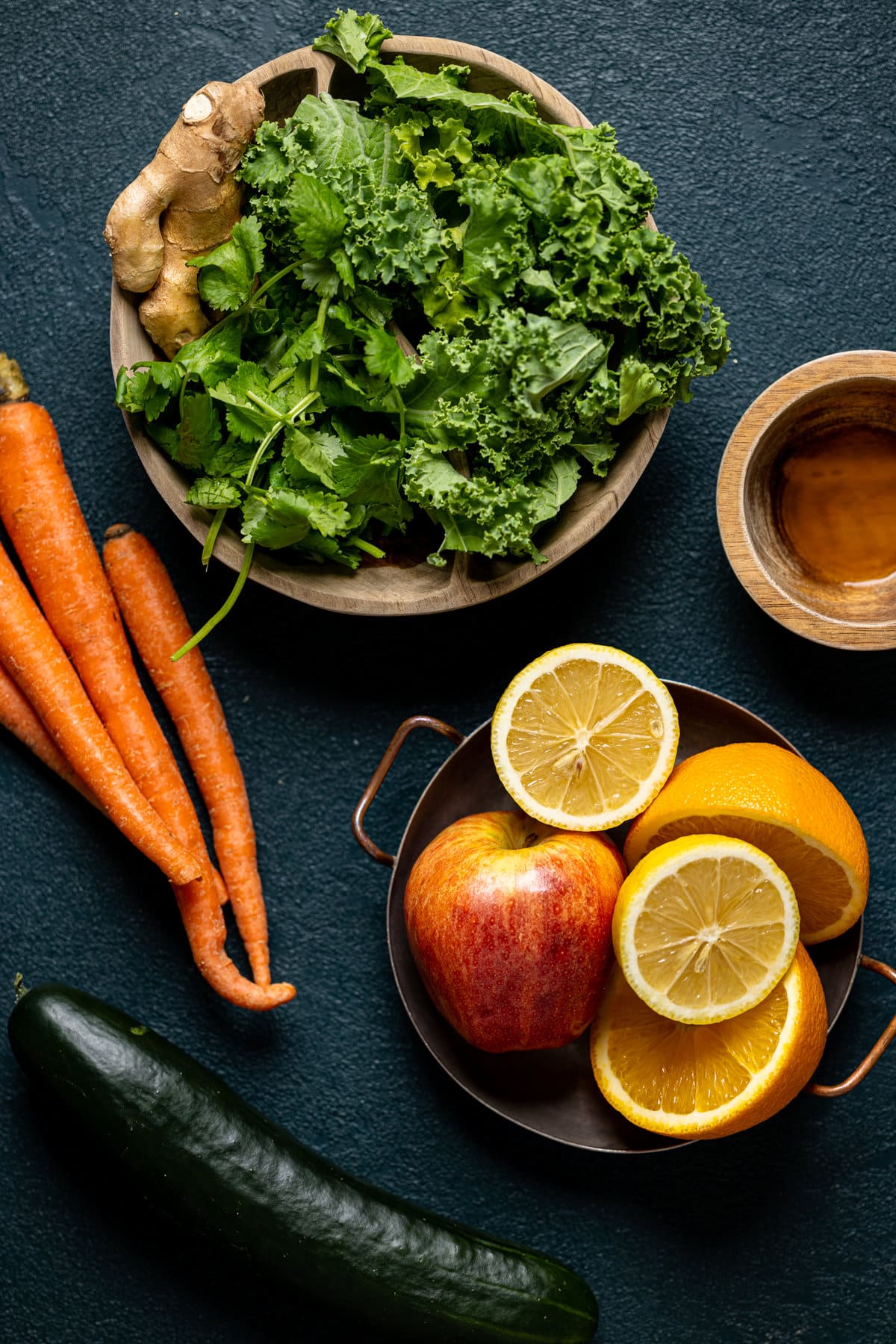
The Benefits Of Intermittent Fasting
Now, let's talk about the perks!
- Thinking + memory--- no more brain fog. By prompting the body to utilize stored fat for energy through ketosis instead of relying on sugar.
- Improved sleep. By helping regulate your internal clock and moving digestion to earlier in the day.
- Decrease your risk for diabetes. By keeping your blood sugar in check and lowering your body's resistance to insulin, the sugar-regulating hormone.
- Helps you lose weight. By limiting food intake, our bodies will swiftly + effectively access stored fat for energy.
- Heart health. Studies show that intermittent fasting positively impacts blood pressure, resting heart rates, and other cardiovascular measurements.
- Reduce inflammation. This can alleviate conditions like arthritis, multiple sclerosis, and asthma.
- Cellular repair. Your body begins essential cellular repair by getting rid of waste material from cells.
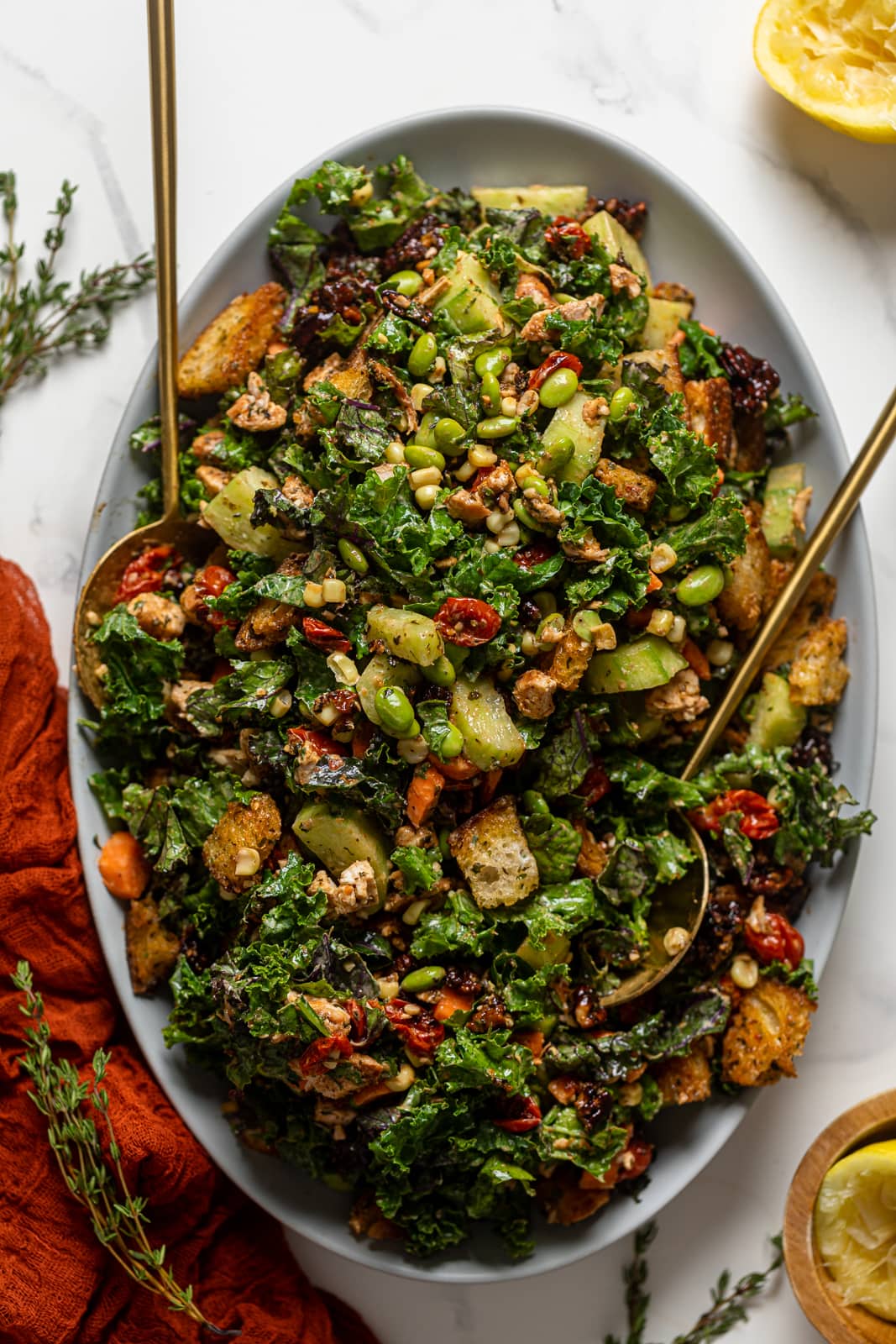
Best Foods To Break Your Fast With
Breaking your intermittent fasting with the right foods can make a significant difference. After a period of fasting, it's essential to opt for nutrient-dense and easily digestible options to kickstart your metabolism.
Here are some excellent choices:
Lean proteins
Foods like chicken, turkey, salmon or tofu provide a solid protein boost without overwhelming your digestive system. Protein is essential for muscle repair and can help you feel fuller for longer. I love to meal prep my shredded chicken and pair it with a nourishing bowl like a Healthy Pesto Buddha Bowl or this Maple Chili Sweet Potato Bowl
Healthy Fats
Avocado, nuts, eggs and olive oil are rich in healthy fats that can provide sustained energy. These fats are also beneficial for brain health and overall well-being. Try meal-prepping healthy sauces like Creamy Avocado Pesto Mayo Sauce that have a great source of healthy fat!
Smoothies
Blend together fruits, vegetables, and a source of protein (like yogurt or protein powder) to create a refreshing and nutritious smoothie.
My favorite smoothies to break a fast are:
- Super Green Detox Smoothie
- Jamaican Pineapple Smoothie
- Raspberry Sunrise Smoothie
- Anti-Inflammatory Pineapple Citrus Smoothie
Whole Grains + Bone Broth
Foods like quinoa, brown rice, farro or whole-grain bread can be a good source of complex carbohydrates, providing a steady release of energy. Bone broth is warming, easy on the stomach, and provides essential amino acids.
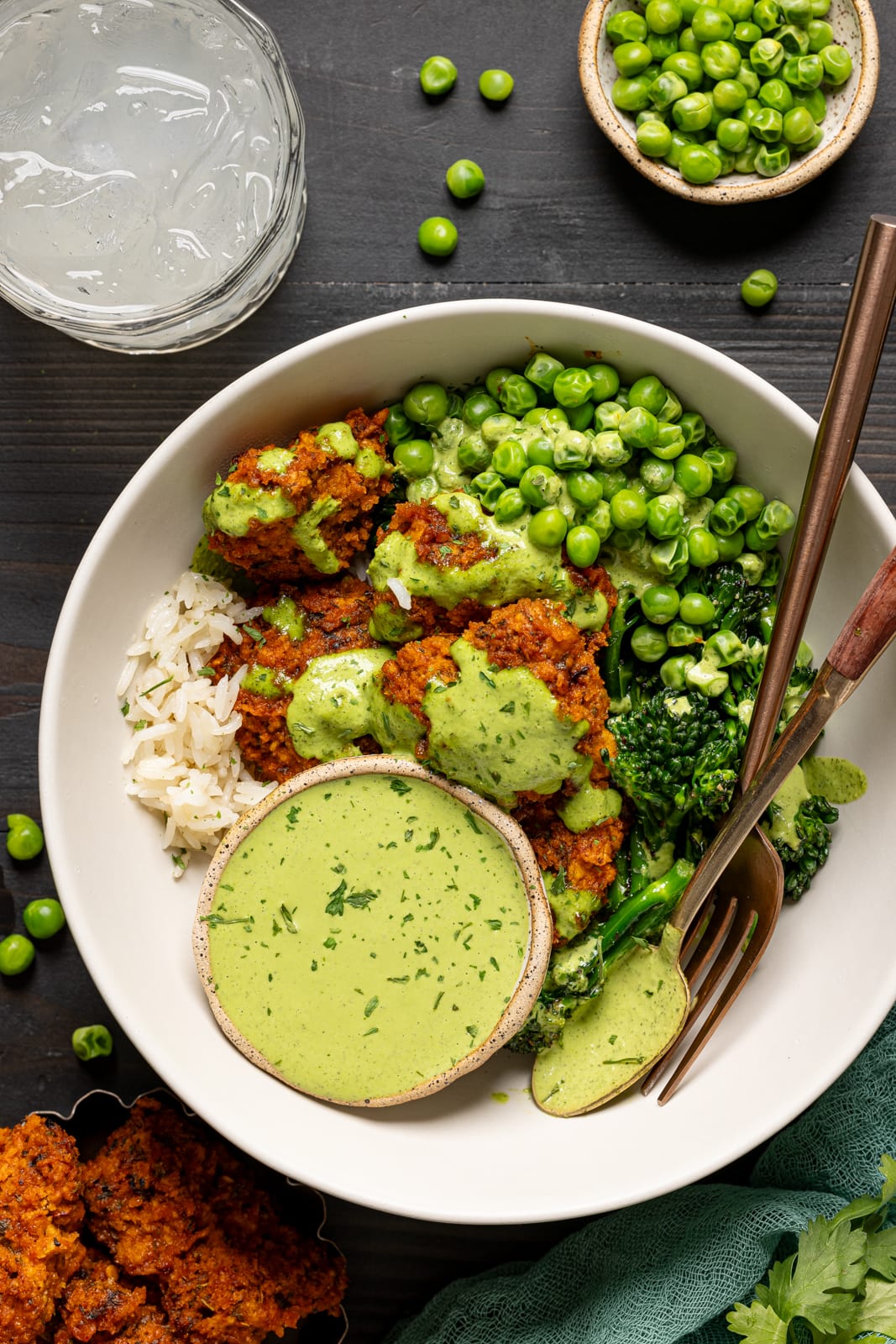
Who Shouldn’t Try Intermittent Fasting
It's worth mentioning that intermittent fasting isn't for everyone and isn't a one-size-fits-all. Here's a quick list of people who should avoid IF:
- If you have diabetes + take insulin or meds that need food.
- If your medication requires eating with it.
- If you've had struggles with eating habits in the past.
- If you're under 18.
- Athletes (They exert more energy so need more calories)
- If you're pregnant or breastfeeding.
So, if you're wondering whether this is the right fit for you, just remember---The bottom line is to do what makes you feel your best every day. Whether it's jumping on the intermittent fasting train or not, it's all about what works best for you!
SHOP MY FAVORITE TOOLS FOR COOKING, ESPECIALLY FOR FAST-BREAKING MEALS!
Here, I’ve curated a list of cooking + baking essentials that I use to achieve my favorite foods like baked goods or cooked meals-- Everything from my fave baking sheet, liners, immersion hand-blender, mixing bowls, and more. SEE THEM HERE!
More Food + Wellness Tips
Ready to learn more about health + wellness after learning about Intermittent Fasting For Beginners? Read these next:
- The Best Healthy Sugar Alternatives + Substitutes
- Healthy Oils For Your Everyday Cooking
- 12 Favorite Healthy Green Leafy Vegetables
- Jamaican Herbs That You Should Always Keep On Hand
MADE OUR RECIPE(S)?
If you've given any of the recipes a try from Intermittent Fasting 101 or other featured recipes on my website a go, I'd truly appreciate it if you could share your experience by leaving a ⭐ star rating and dropping your thoughts in the 📝 comments below. Your feedback means a lot, and I love hearing from you on your wellness journey!

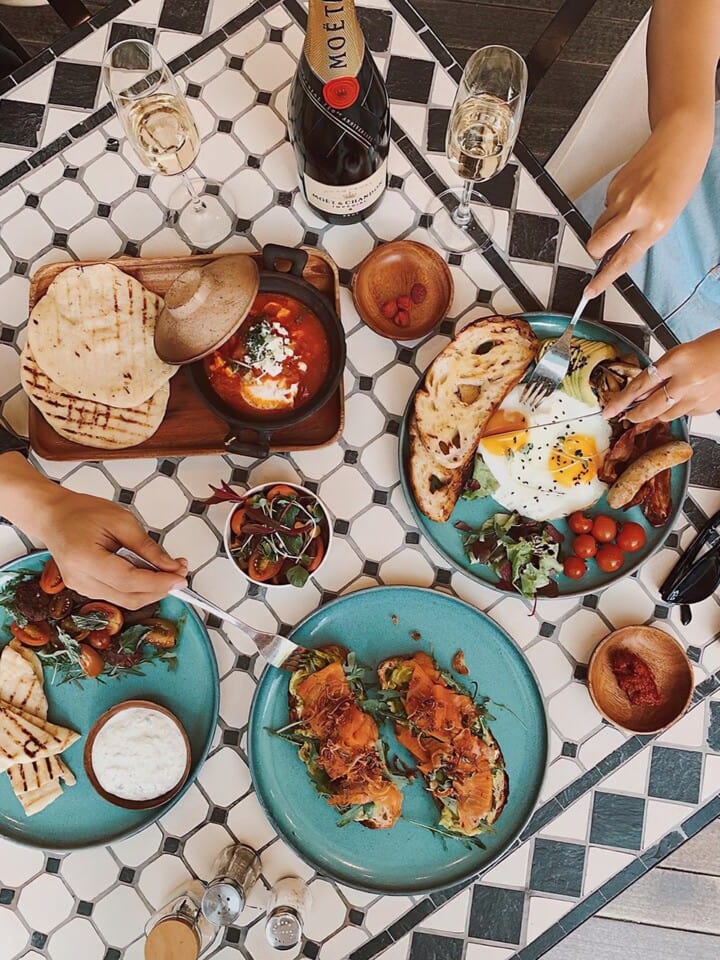

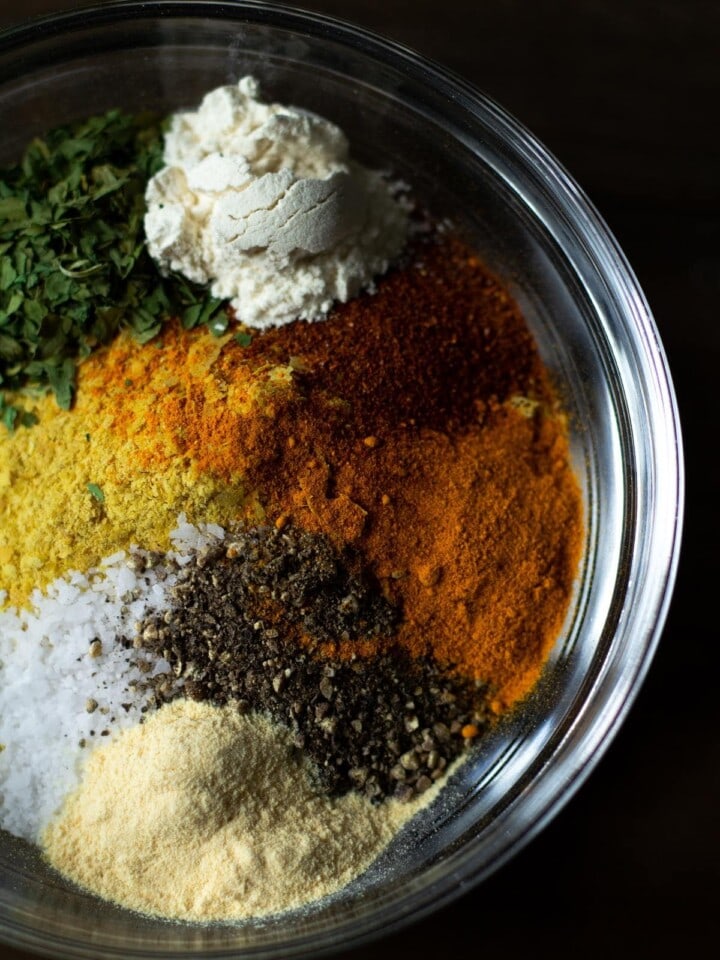
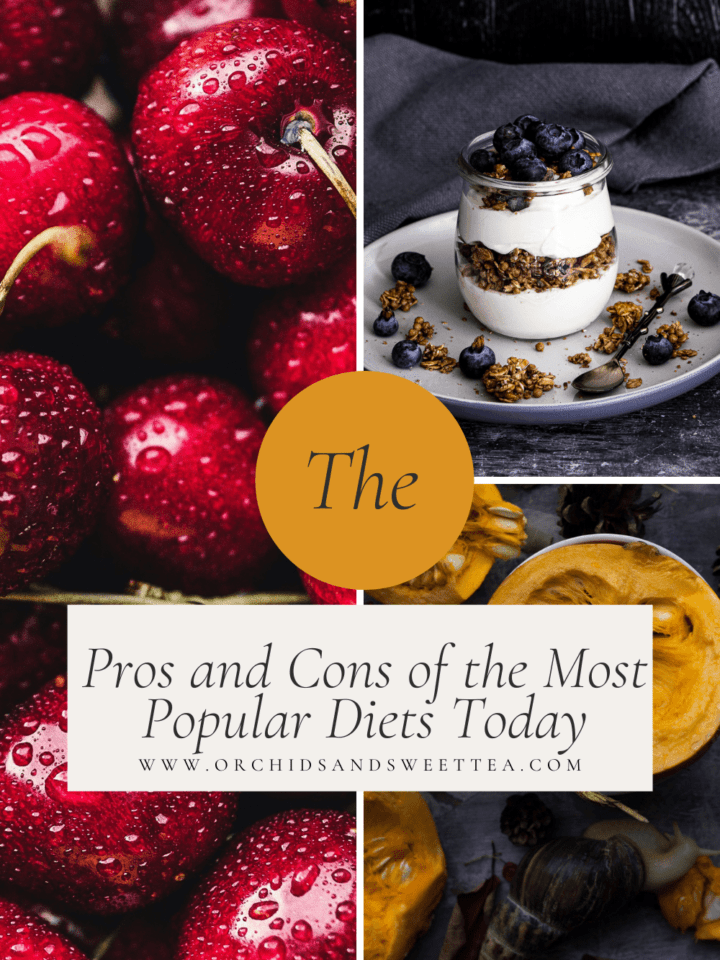
LOVE THIS RECIPE?
LET US KNOW!